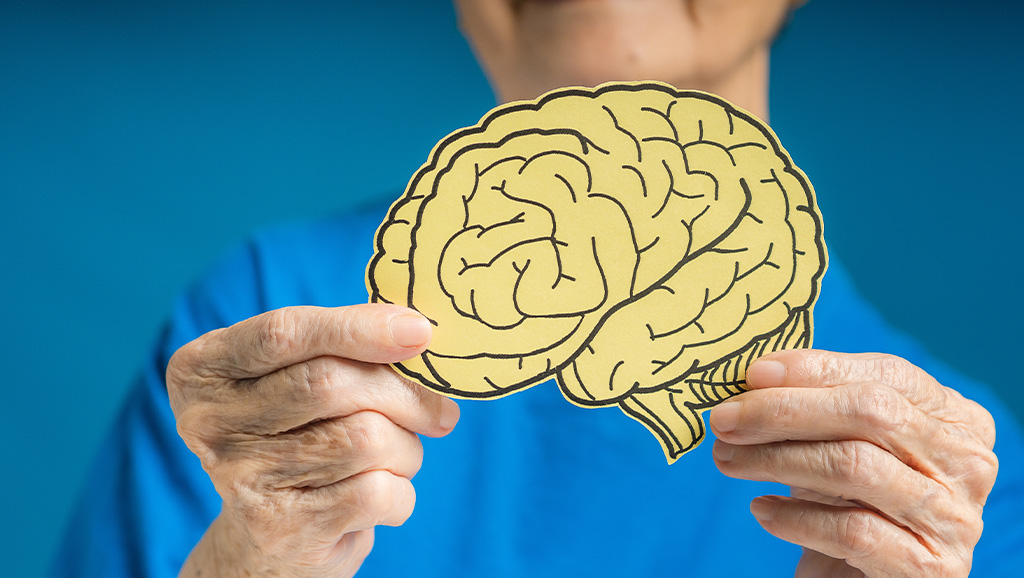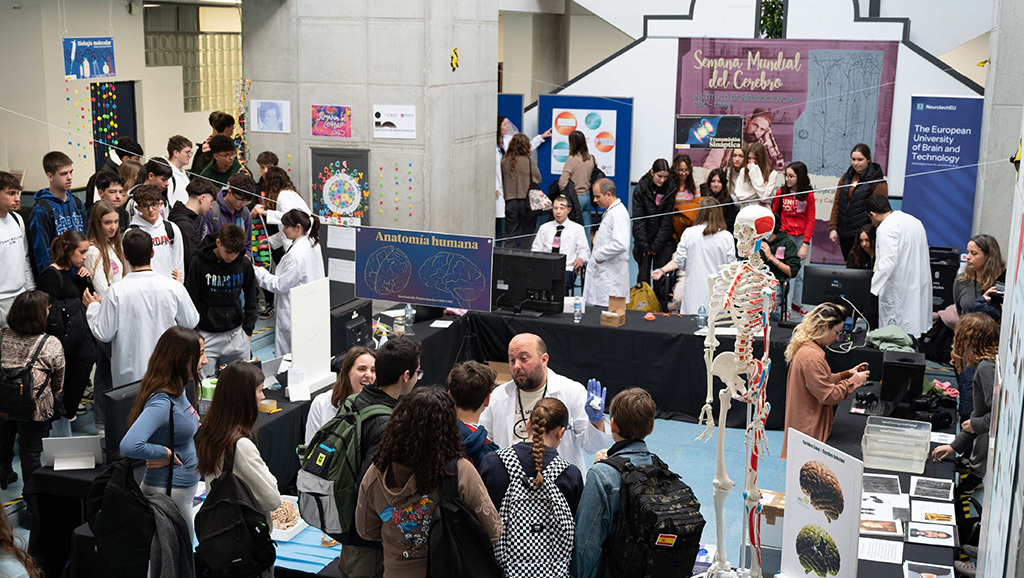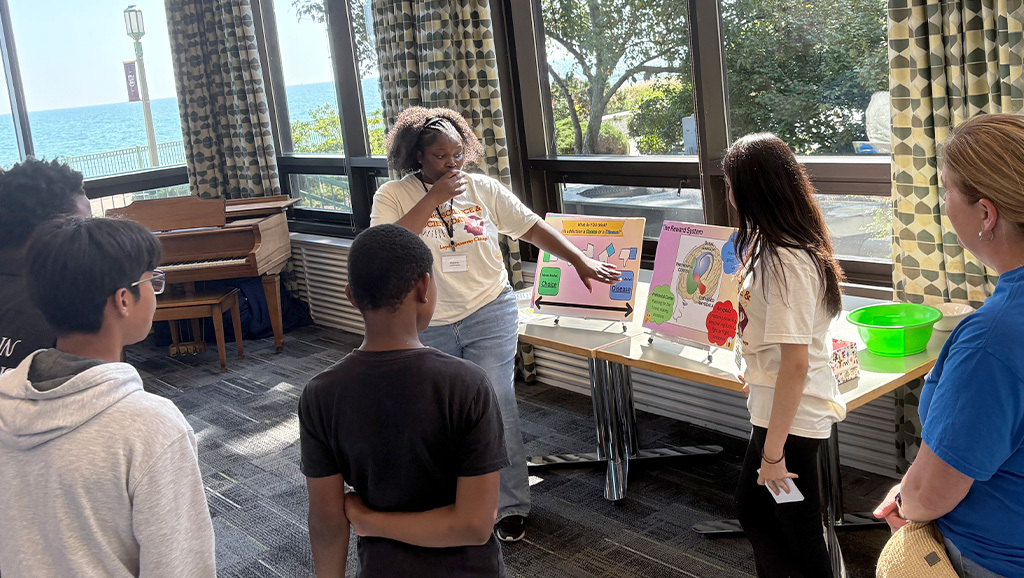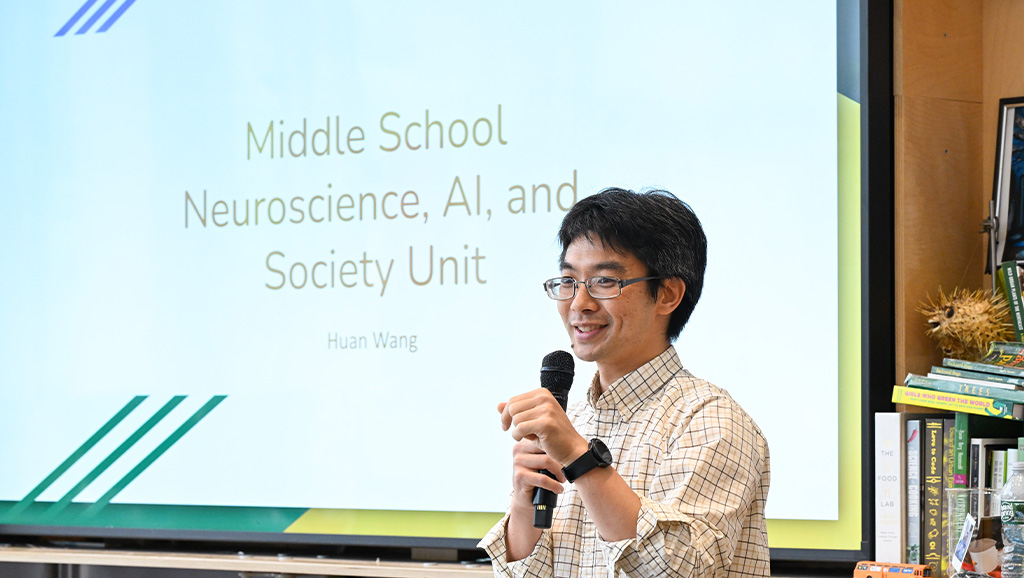News & Insights
New Brain Health Learning Network from the University of Washington

Disorders of the brain, including neurological and mental illnesses, are among the leading causes of death and disability in the world. The high incidences of neurological and mental disorders make it likely that many people will be affected directly by these diseases or know someone experiencing these illnesses. Furthermore, some neurological disorders, such as Alzheimer’s disease, Parkinson’s disease, and stroke, are especially prevalent in older adults. Although significant research efforts to determine the underlying causes and effective treatments for these disorders are underway, many people are not generally knowledgeable about neuroscience, and this field carries many misconceptions about the brain and therapies for brain disorders. A more informed public, including older adults, should benefit people as they manage symptoms as they age, when they discuss treatment options with their healthcare providers, and as they explore information about brain research in books, magazines, social media, online, and on television.
With these ideas in mind, and with grant support from the Dana Foundation, the Osher Lifelong Learning Institute at the University of Washington (UW) and UW’s Department of Bioengineering have partnered to create a series of lectures called the Brain Health Learning Network. The public lectures aim to help older adults understand neuroscientific research and raise awareness about neurological disease, mental disorders, and brain health. Each talk will also include a Q&A that allows attendees to ask questions of the speakers.
To determine what issues in neuroscience are of most interest and concern to older adults, the University of Washington conducted five focus groups in the Puget Sound area earlier this year, in January. The lecture topics were then chosen based on focus group responses.
Led by University of Washington research associate professor Eric H. Chudler, the program will develop a speaker program with online resources, including videos and activities that will engage older adults in learning about the brain and help them critically analyze information that they encounter in the media. Additional online forums, book reviews, and film discussions are planned to create a community of older adults interested in the brain and brain health.
The first lecture of the series, The Brain: A Brief Introduction, provided by Dr. Chudler is currently available on the Brain Health Learning Network website. The website also lists details for upcoming events, including the speakers, a description of the lecture topic, date, and location. All lectures are free and open to the public. See available recordings below.



